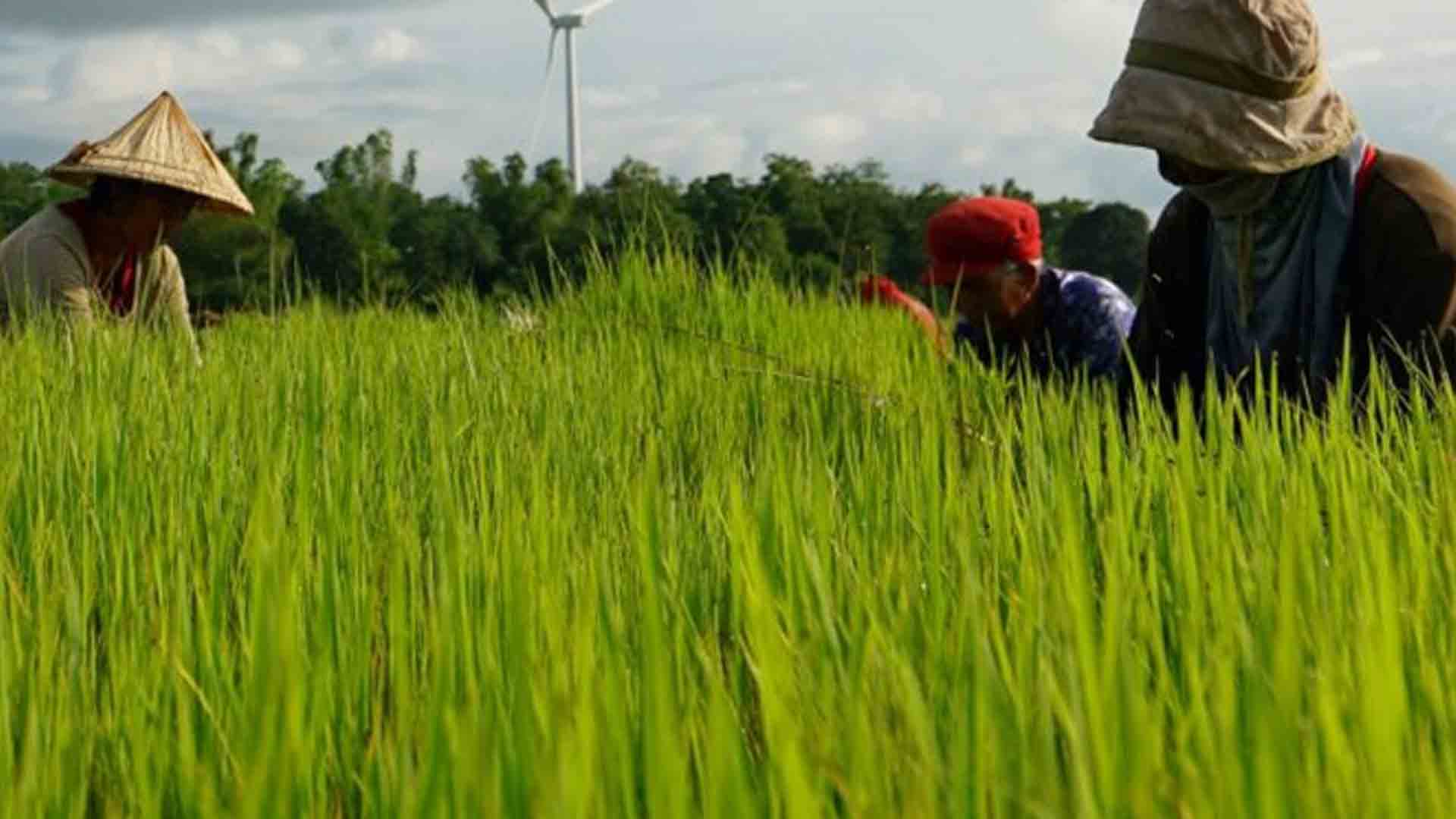The Philippine agriculture is set to be modernized under the new administration, President Ferdinand “Bongbong” Marcos Jr. vowed on Monday in his first State of the Nation Address (SONA).
“Ipa-prayoridad natin ang modernisasyon ng mga sakahan sa pamamagitan ng mga makabagong teknolohiya para sa ating mga magsasaka. Ating palalawakin ang mga palaisdaan, babuyan at manukan (We will prioritize the modernization of farms through the utilization of modernized technology for our farmers. We will expand our fisheries, livestock, and poultry),” he said.
To reach this goal, Marcos, also the concurrent chief of the Department of Agriculture (DA), said the government will rely on research and technology.
“Lahat ng ito, gagamitan ng siyensya para tumaas ang produksyong agrikultural. Maging ang post-production processing ay susuportahan ng pamahalaan (In all of these, science will be used to increase agricultural production. Even the post-production processing will be supported by the government),” he added.
Marcos, however, assured the public that this modernization will significantly consider climate change impacts.
He said the production of farm inputs or the necessary materials needed by farmers in boosting their yield will consider challenges brought by climate change and global warming. Thorough research will be done by the experts for this.
To ensure immediate and direct aid to farmers, Marcos said the government will begin procuring farm input products and make them available at an affordable price.
He also vowed to provide loans for farmers to help them secure an increased volume of good-quality products.
“Upang masuportahan ang mga mamimili para mapanatili ang kanilang ‘purchasing power’ o kapangyarihan sa pagbili, isinapinal ng Department of Agriculture ang planong taasan ang produksyon sa susunod na panahon ng pagtatanim o ‘planting season’ sa pamamagitan ng tulong pinansiyal at teknikal (To support the consumers in maintaining their purchasing power or power to buy, the Department of Agriculture is finalizing its plan to increase yield for the next planting season through financial and technical assistance),” he said.
The planting season for the dry season is set for September while wet season planting starts in April.
Earlier, the DA has ensured tweaking the entire value chain to address pressing concerns like the rising agricultural commodity and farm input prices.
The DA, under the Marcos administration, made it clear they would work on achieving food sufficiency for the Philippines.
Marcos made these targets amid global inflationary pressures stemming from the coronavirus disease 2019 pandemic, continued conflict between Russia and Ukraine, and climate change. (PNA)





















